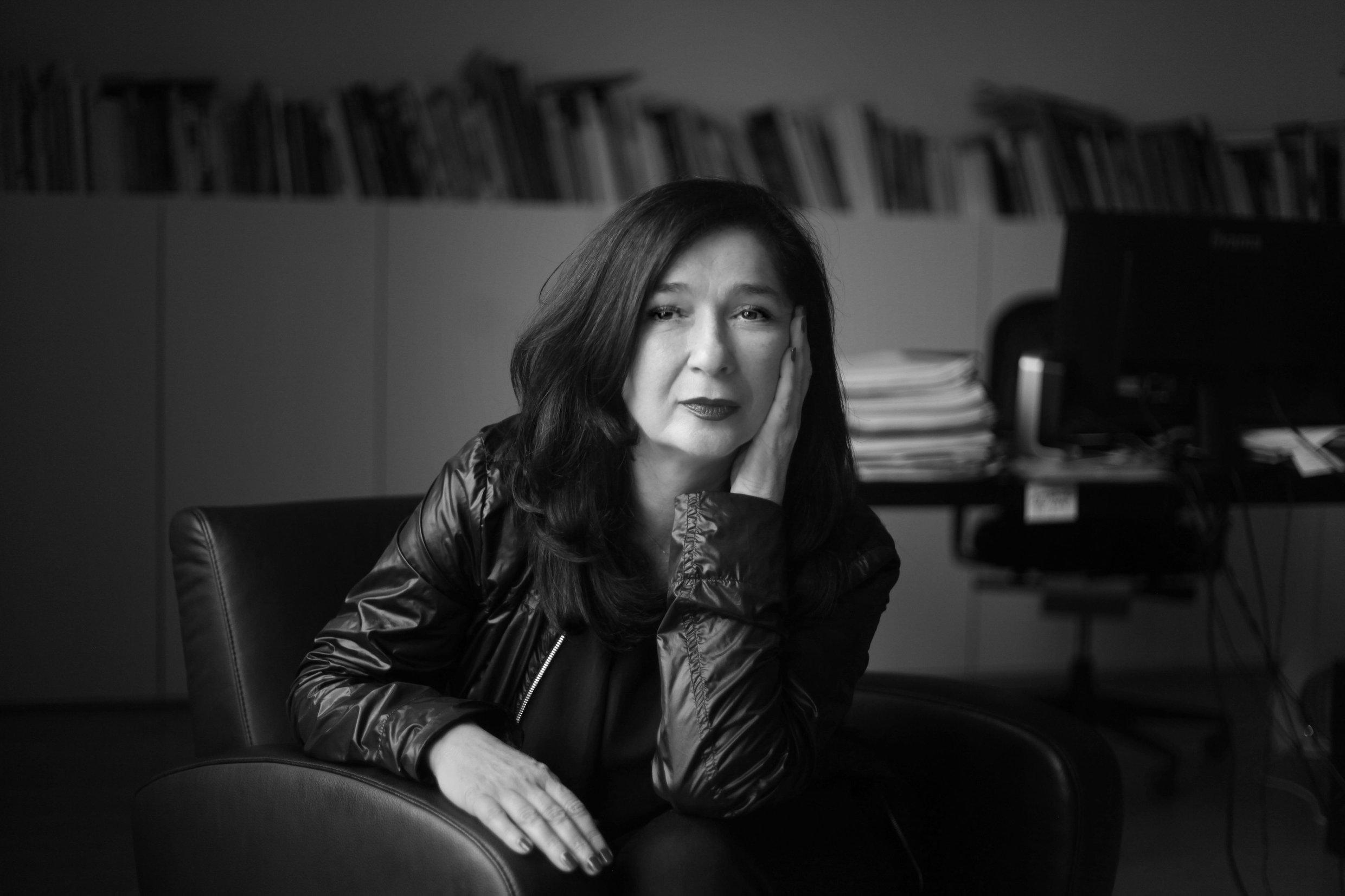Trends and Dangers in the Governance Of Cultural Institutions in the European Context

Statement
Thursday 14th January 2021, Barcelona – The Museum Watch Committee, a body of experts under CIMAM that deals with irregularities in the professional activities of contemporary art museums worldwide, expresses its concern with regards to recent developments in the governance of cultural institutions across Europe, specifically in South-Eastern and Central Europe. As a case in point, we refer here to the situation of the Moderna galerija (MG+MSUM, Ljubljana), an outstanding museum and contemporary art collection brought to international repute by former director Zdenka Badovinac, who was, amongst other lauded appointments, president of CIMAM from 2010 to 2013.
At the end of Mrs. Badovinac’s management contract in the fall of 2019, the Slovenian Ministry of Culture initiated a competition for the vacant position. During the year and a half that the process was underway, they changed the competition’s selection rules and subsequently declared the competition void as if none of the candidates met the newly-set requirements. This came despite the fact that Mrs. Badovinac, with an impeccable track record and an unchallenged reputation for almost 30 years, also applied for the position. The case was recently picked up by American media outlets (see: Art Forum). More than a year later, after three botched attempts at organising a valid competition and following three nominations for an acting director, MG is still in a crisis of management. This case serves as yet another example of a more subtle pandemic that has infected the museum professional and ethical criteria in the region.
In the past few years, the so-called ‘illiberal political model’ applied by governments in countries like Poland and Hungary now expands throughout the region, deeply affecting cultural communities there. Politics in these countries has seemingly returned to the old habits of interfering with both recruiting policies and content management of state-funded institutions. This is a tendency that has been constantly present in the region, but adds to the growing global trend of underfunding culture to make it vulnerable, in service of agendas that are politically-motivated.
While the politically-motivated nomination of top cultural management is a worldwide problem, the situation has worsened in Central/Eastern Europe and the Balkans due to a lack of consideration for both the professional credentials of the candidates and for due processes in governance concerning the recruitment and/or replacement of top management. The appointment of totally unprepared, unfit, and unprofessional persons in key cultural positions has thus become a systemic issue. In the beginning, this came as a surprise to local and to the international communities, particularly in the cases of countries like Hungary, Poland, and more recently, Slovenia, which had all been beacons of institutional and grassroots democracy before and post-1989.
As these patterns emerge, it becomes clearer that we are dealing with a more complex set of vectors. The region has had a long history of a lack of good governance, and cultural governance has been no exception. While during the 1990s through the 2000s this problem has been compensated by the quality of professional appointments at the top of cultural management, those appointments have been vulnerable precisely because of the relativism in the definition and implementation of due process. Their vulnerability is also due to the discrepancy between the level of management expertise in the cultural field and its scarcity in the political class. The legislative initiatives in the domain have been superficial and weak, and as a consequence of a progressive lack of consistent and continuous checks and balances in the relation between governance and cultural management. That has left the whole construction in a limbo, with problems that meritocracy alone cannot solve.
As new generations of politicians and cultural professionals arise, it has become increasingly evident that a set of standard rules to deal with these issues is sorely required. Only through the design and implementation of a structure of promotion based on competition and quality, accepted internationally at EU-level and negotiated at the level of non-EU countries from the region, would there be a chance to end such abusive situations. To implement such measures, truly independent bodies, with expert members nominated for limited periods of time (but exceeding any other political appointment (local and central governments, Parliament, etc.)) would have to be enacted for the promise of stability, in a context where cultural institutions should be important agencies of change especially in the complicated context of the pandemic and its aftermath.
The Museum Watch Committee wishes to express its deep concern with the arbitrary and inexplicable decision of the Slovenian government towards MG + MSUM and to recall that a museum does not belong to any particular politician or even to a nation, but is meant to belong to a global community and serve a greater good. A museum can only fulfill this mission under a professional and experienced leader, being supported by the country’s or local government without having to defend the museum’s legacy from it. It is extremely worrying that another European government, after Hungary and Poland, decided on a policy that gives the appearance of being anti-cultural, highly destructive for professional standards, and international credibility of its leading art institutions.
In conclusion, the Museum Watch Committee would like to recognise the invaluable contribution of Zdenka Badovinac and the team of her collaborators from MG + MSUM to communities in Slovenia and around the world, hoping that their work will be continued on the level it deserves and not be forgotten.
14 January 2021
CIMAM – International Committee for Museums and Collections of Modern Art – is an Affiliated Organisation of ICOM – International Council of Museums.